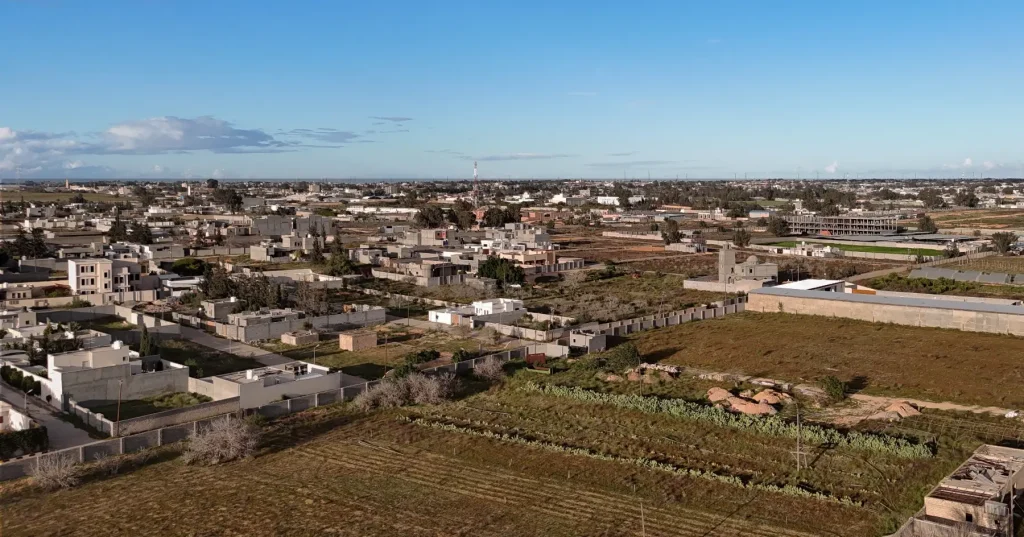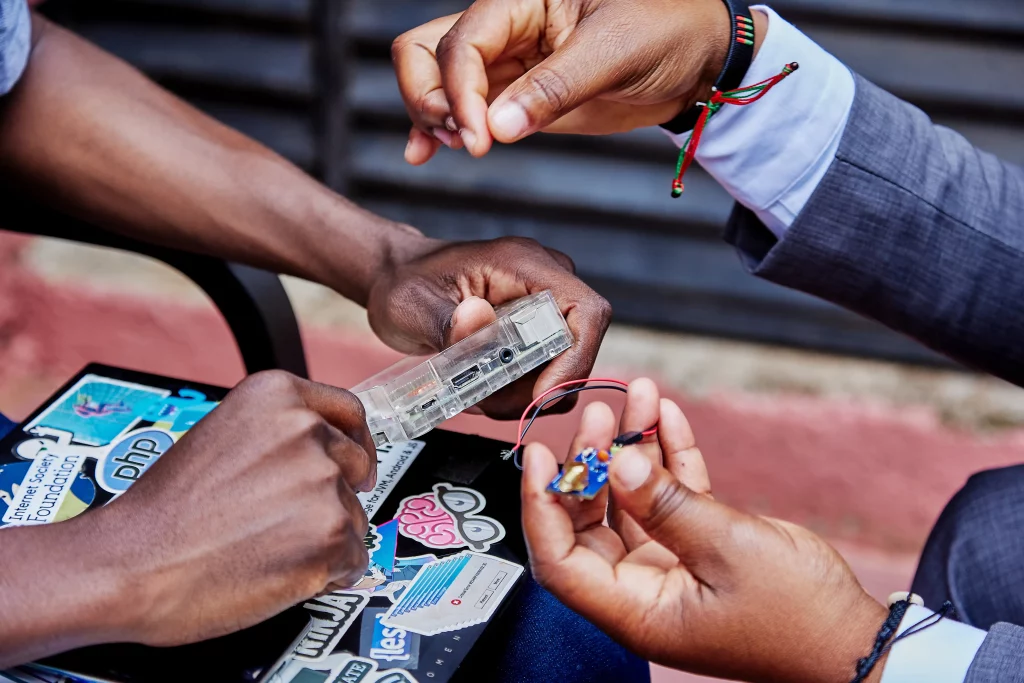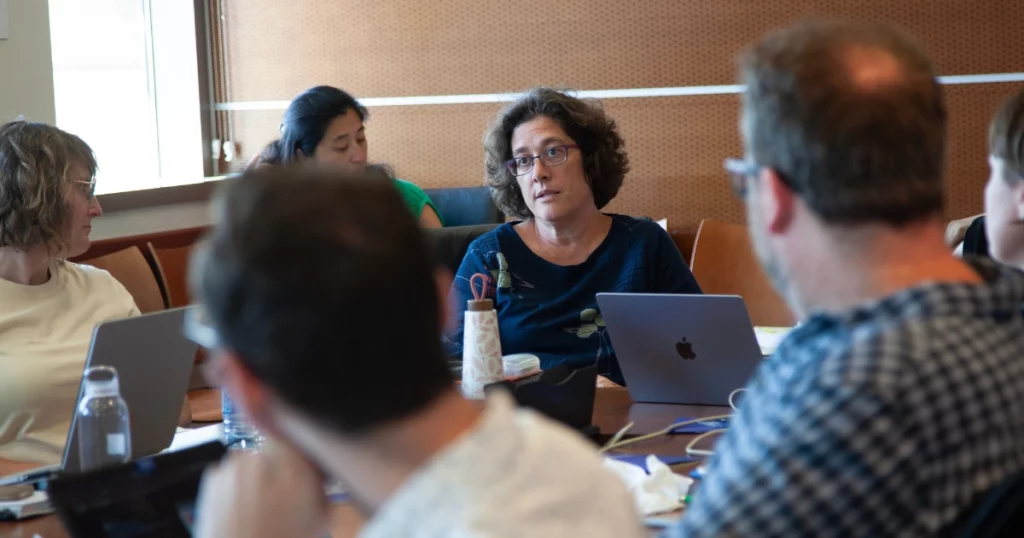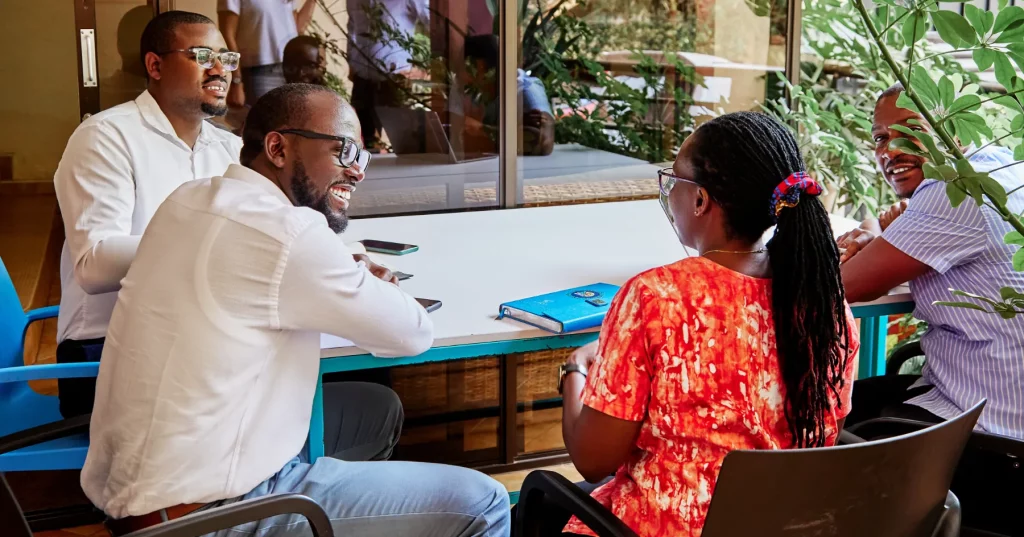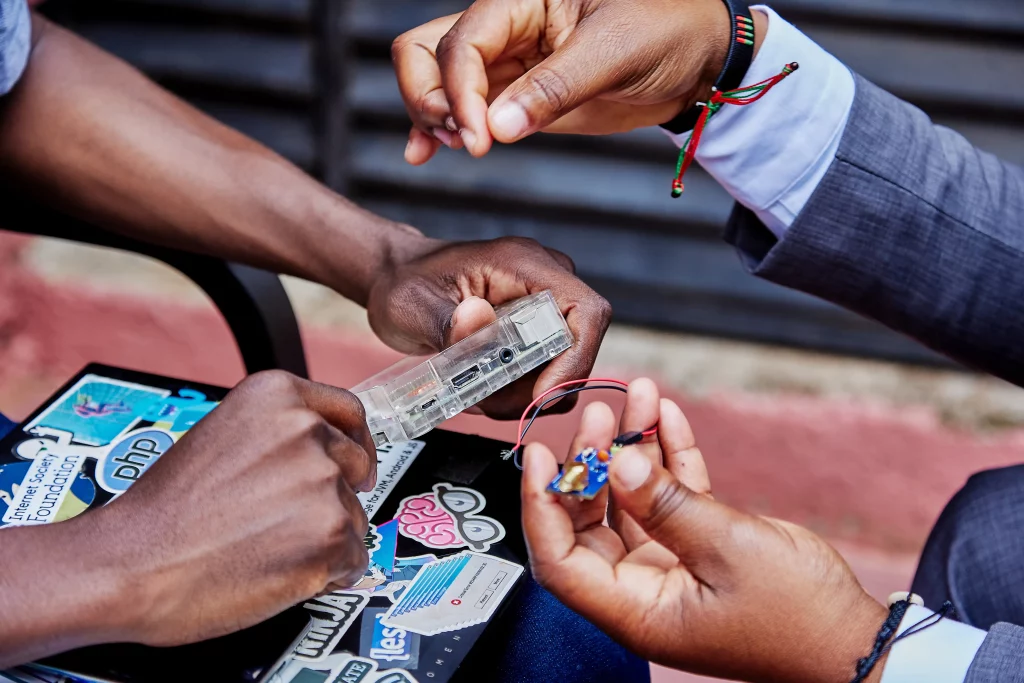Author: Mona Elswah, Project Fellow, Center for Democracy & Technology Imagine a digital world where non-harmful content is frequently taken down while inciting, hateful messages remain untouched. This is the reality for many, particularly users in the Global South, and especially so for those who speak indigenous and “low-resource languages,” which have limited available digital…
Read MoreOur Research Grant Program supports global initiatives that enhance our understanding of the Internet and its importance to everyone. We are thrilled to announce the 2024 cohort of grant partners who will conduct innovative studies addressing the Internet’s critical challenges while also contributing to its sustainability and inclusivity. This year’s 12 selected projects from six…
Read MoreOur Research Grant Program supports global initiatives focused on enhancing our understanding of the Internet and its value to everyone. The “Future of the Internet” interview series showcases innovative ideas contributing to a more inclusive, sustainable, and equitable digital future. Through these conversations, we share stories from our research grant partners who are addressing some…
Read MorePrivacy concerns remain at the forefront of online interactions in today’s digital landscape. Applications and websites, in their quest to understand user behavior, often gather vast amounts of personal data. But what if there were a way to collect important metrics without compromising user privacy? Divvi Up is a project by the Internet Security Research…
Read MoreBy Gustavo Streger The gender digital divide refers to the significant gap or inequalities between men’s and women’s access to and use of Information and communication technologies (ICTs). This gap is driven by various factors, including economic inequalities, limited access to devices, insufficient Internet connectivity, cultural barriers, and a lack of digital skills, among others.…
Read MoreA new research report by the Global Digital Inclusion Partnership (GDIP), Connected Resilience: Gendered Experiences of Meaningful Connectivity through a Global Pandemic, examines the challenges and opportunities in achieving gender digital inclusion, especially following the COVID-19 pandemic. The research study supported by the Internet Society Foundation draws on women’s experiences from nine countries in the Global…
Read MoreWe are proud to announce the opening of our 2024 application cycle for the Research Grant Program. This program offers grants of up to US$500,000 to support researchers worldwide examining the future and sustainability of the Internet. We encourage independent researchers, non-profit organizations, and public research institutions worldwide to submit proposals that explore the following…
Read MoreWe are delighted to announce the outstanding group of researchers who joined the Internet Society Foundation’s Research Program in 2023. Since 2020, this program has supported researchers worldwide to explore the future and sustainability of the Internet. These fourteen projects from five countries are collectively generating solutions today to meet the Internet challenges of tomorrow. …
Read MoreBy the Monitoring, Evaluation and Learning Team (MEL), Internet Society Foundation From a blooming Linden tree, a radio frequency circuit, a magazine premiere issue, to a low- cost small plug computer (or Raspberry Pi), these were part of a larger collection of objects grant partners from the Research Program brought to this year’s first round…
Read MoreTwo-thirds of the world’s population uses the Internet, but 2.7 billion people remain offline. This means that one in three people cannot benefit from the economic, educational, political, social and health potential of being connected. This article explores the concept of digital equity and its significance in today’s interconnected world. It delves into the definition…
Read More
